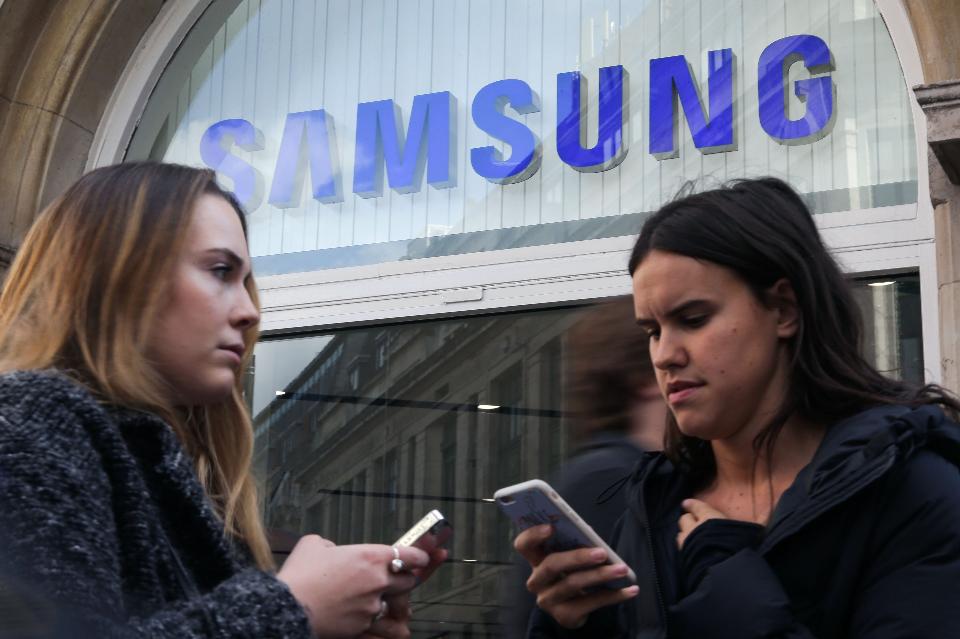Apple’s Biggest Brand Competitor Just Blew Up
Samsung has announced that it is discontinuing its Galaxy Note 7 and its stock price dropped 3%. For weeks, news reports have been filled with stories of the smart tablet suddenly bursting into flame. Airlines and airports have reminded flyers not to pack the tablets in luggage and to turn them off (and keep them off) in-flight.
Attempts to repair and replace the Galaxy Note 7 have ended in disaster, with even replacement phones catching fire.
Awkward.
For nearly a decade, Samsung and Apple have been in a tug of war over smartphone supremacy. (History alert: Apple launched the iPhone in 2007, Samsung released its first Galaxy Smartphone in 2009.)
From the beginning, it was a battle between the closed Apple iOS operating system versus the open source Android OS. The Samsung Galaxy mimicked the Apple smartphone in look and function, so much so that Samsung today (as you read this) is defending itself in the Supreme Court against a $400 million jury decision that Samsung violated Apple patent rights. The $400 million amount means that Samsung gives up all profits for smartphone sales.
Back in 2009, the Samsung brand (thanks to Los Angeles advertising agency 72andSunny) quickly positioned itself as the hipster smart phone in an attempt to reposition Apple as the Boomer option. (There was a similar ageist run against Nikes in the 1990s when British Knights ads claimed, “Your mother wears Nikes!”)
Since then, consumer preference has been not only around device cost, data plans and user functions, but also which brand community you identify with, want to become a part of, and can relate to. Who is your tribe?
The choice between the personal computing pioneer (Apple) and the company that started as convenience store and even today runs banks and concrete factories (Samsung) has divided families, households and generations.
Over time, Samsung has been faulted for pushing too many smartphone products too quickly into the marketplace. Two years ago, Samsung had 54 versions of its Galaxy smartphone and sold twice as many smartphones as Apple—reportedly six times more than fellow Korean manufacturer LG.
Samsung always has responded quickly to consumer product demands. They also responded to their product failure, but that response has become a big fail for Samsung.
Now, we wait. While Samsung has created wildly functional products, what remains to be seen is whether or not Samsung stakeholders also failed to build a brand—at least a brand that enjoys the sticky adherence of Apple.
Samsung’s product fail does not have to mean that their brand community is broken. It is a moment for testing faith in the Samsung brand. This experience will tell us whether Samsung has created merely a fad, or the depth of true brand community.The kind of community that sticks with you during bad times. The kind of community bale to ask itself the biggest question of all.
Do we believe in Samsung?


